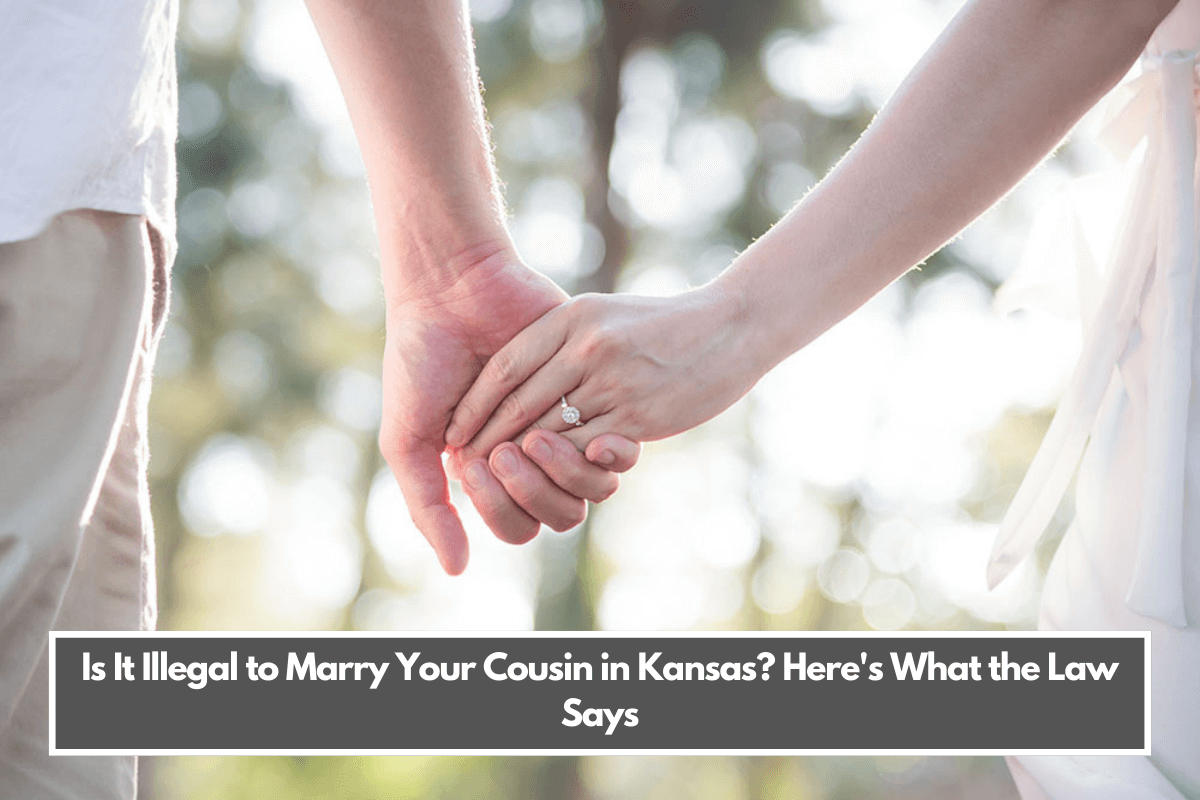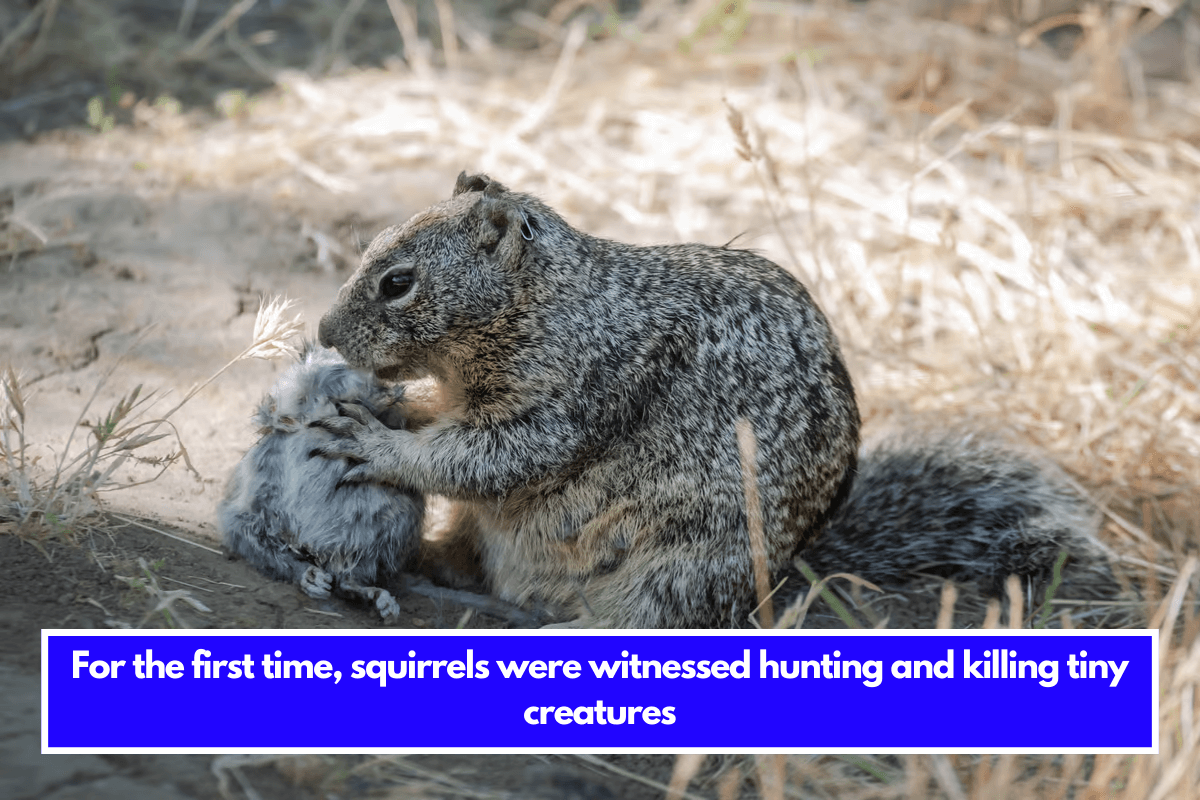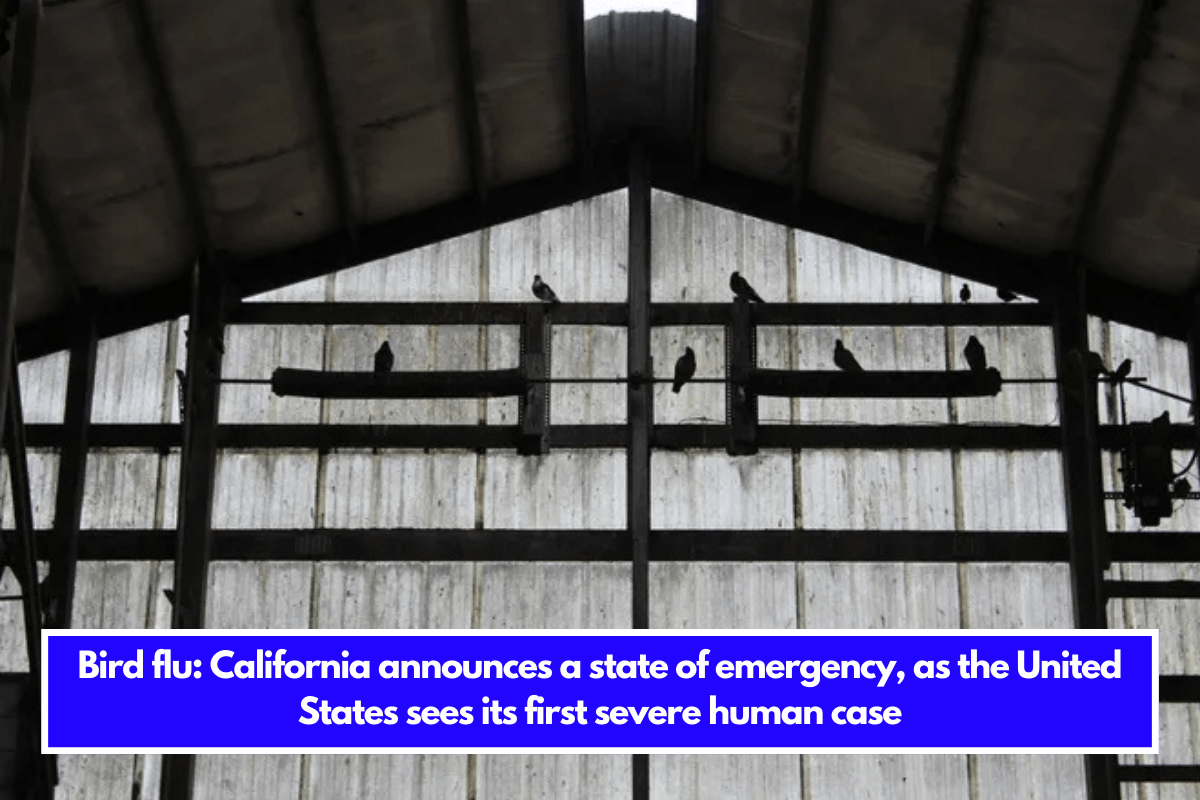In Kansas, it is illegal for first cousins to marry. According to Kansas Statutes 23-2503, marriages between first cousins are classified as incestuous and are considered absolutely void.
This statute explicitly prohibits marriages between a range of close relatives, including first cousins, siblings, parents and children, and other direct family relationships.
Key Points about Cousin Marriage in Kansas
- Prohibition of First Cousin Marriage: Kansas law defines marriages between first cousins as incestuous, making them illegal and void from the outset. This prohibition has been in place since the state’s early legal history.
- Legal Context: The law is rooted in a broader framework that aims to prevent incestuous relationships, which are deemed harmful both socially and genetically. The state has historically maintained strict regulations surrounding familial relationships to uphold these values.
- Exceptions and Other Considerations: While some states allow cousin marriages under certain conditions (such as age restrictions or after genetic counseling), Kansas does not provide any exceptions for first cousins. Any marriage that violates this statute is automatically nullified.
- Historical Background: Kansas was one of the first states to enact such a ban on cousin marriage in 1858, reflecting societal attitudes towards consanguinity that have persisted over time.
Summary
In summary, marrying your cousin in Kansas is illegal under state law, which categorically prohibits such unions as incestuous. Individuals considering marriage should be aware of these legal restrictions to avoid entering into a union that would not be recognized by the state.
SOURCES:-
- https://www.ksrevisor.org/statutes/chapters/ch23/023_025_0003.html
- https://en.wikipedia.org/wiki/Cousin_marriage_law_in_the_United_States
- https://www.ksrevisor.org/statutes/chapters/ch23/023_025_0008.html



















